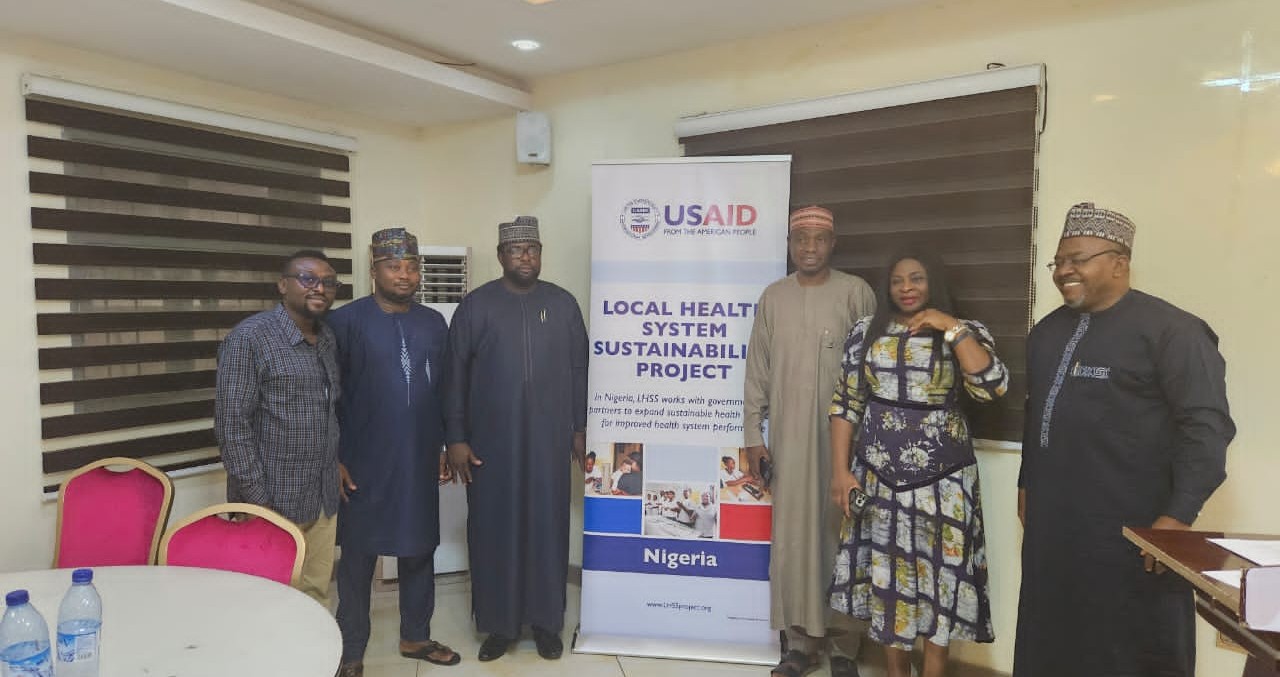
Coordinating Minister, Federal Ministry of Health and Social Welfare Federal Ministry of Health and Social Welfare, Professor Ali Pate has reiterated Nigeria’s commitment towards control and elimination of Hepatitis in Nigeria.
The Minister, who was represented by the Permanent Secretary, Kachollom Daju mni stated this at the on-going 3-day African Hepatitis Summit in Abuja with the theme “Putting Africa on Track Towards Viral Hepatitis Elimination.”
This follows the press release signed by Mrs Deworitshe Patricia, Director, Press (FMOH&SW) on Tuesday.
According to him, this obligation is manifested through the continuous strengthening of primary healthcare system, public awareness campaigns, inclusion of Hepatitis in the minimum package of national health insurance, capacity building of healthcare providers, integration into the AIV programme, strengthening birth dose routine immunization and collaboration with stakeholders to decentralise diagnosis and treatment of Hepatitis.
“We will persist in working with World Health Organisation (WHO) and other stakeholders as well as mobilize and sustain domestic funding until Nigeria is hepatitis free as every step taken towards the elimination of hepatitis is a stride towards safeguarding our future generations” He adduced.
The Minister advocated for augmented financial commitment and support for Hepatitis control response saying that “it is imperative for African Countries to align with the WHO’S new global health sector strategy which has delineated new actions and targets to eliminate viral hepatitis by 2030.
Pate said that hepatitis has continued to pose a huge public health threat, unleashing devastating consequences among patients grappling with chronic infections worldwide. “Despite a 90% risk of children acquiring CAB from mother-to-child transmission, only 14 out of 47 African countries had introduced routine Hep B-BD vaccination and merely 17% of new born in Africa have received a timely Hep B-BD vaccination despite it being recognised as a cost effective tool to prevent new infections.”
He further stated that it is high time African nations intensified efforts to increase immunization coverage noting that the hepatitis elimination strategy is aimed at curtailing new infections and deaths to half a million each globally- a reduction of 90% and 65% respectively.
The Minister maintained that the need to sustain public awareness and build the capacity of healthcare providers is critical and plays significant role in addressing knowledge gaps on hepatitis. “We must ensure that those at risk of hepatitis are knowledgeable about the modes of transmission, how to prevent infection and receive the care they need based on the principles of fundamental human rights, equity and universal access to treatment using a primary healthcare approach.”
He added that with availability of affordable Directly Acting Antiviral (DAAS) drugs for curing HCV and Tenofovir for treating ABV, African countries are strategically poised to overcome barriers to treatment however the high cost of treatment which is often paid out -of- pocket continues to create a barrier to access.
In his remarks, Minister of Health and population of Egypt, H.E. Professor Dr. Khaled Abdel Ghaffar stated that the country’s determination and resilience in improving the Health sector facilitated the reduction and elimination of hepatitis.
Head of Mission and Representative, WHO, Dr. Walter Kazadi Mulombo represented by Casimir Masengo said that “ we must include viral hepatitis testing and treatment interventions as an essential package of health services delivered through individuals of all ages (new-born, child, adolescent, reproductive and maternal healthcare).”
Speaking on behalf of the awardees, Executive Governor, Nasarawa State, Engineer A. A. Sule informed that the state was able to make positive impact in the Health sector because of their determination, commitment, providing leadership and efforts to eliminate not only hepatitis but any other disease.
He added that “having acknowledged the realities and challenges in the health sector in the state, the state developed a document (Nasarawa Development Strategy) which focused on various areas of the economic development including health. Baseline status survey enabled us to equip and upgrade our primary, secondary and tertiary healthcare facilities with the little resources available in the state which has scaled up the testing and treatment of viral hepatitis.”



